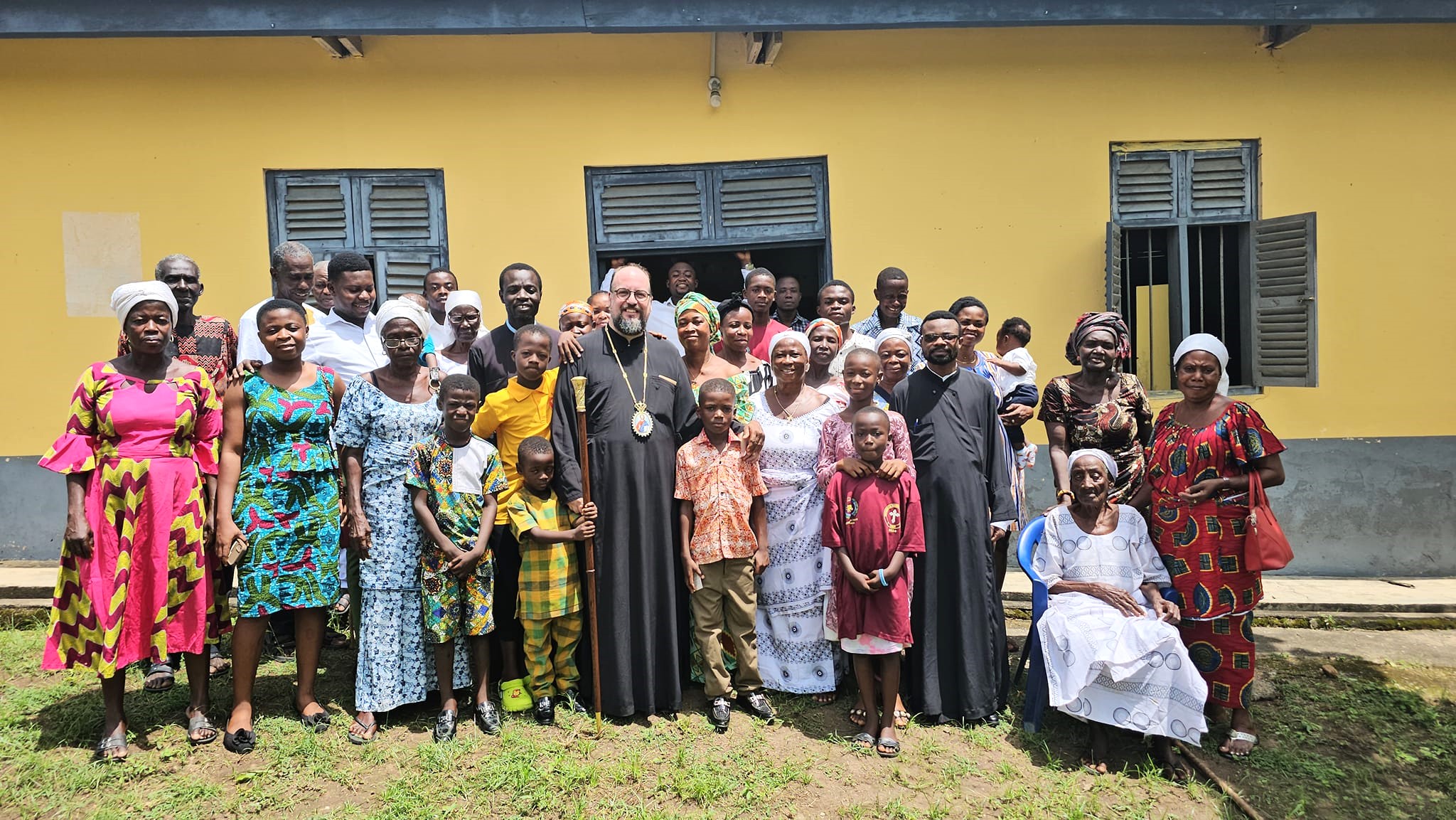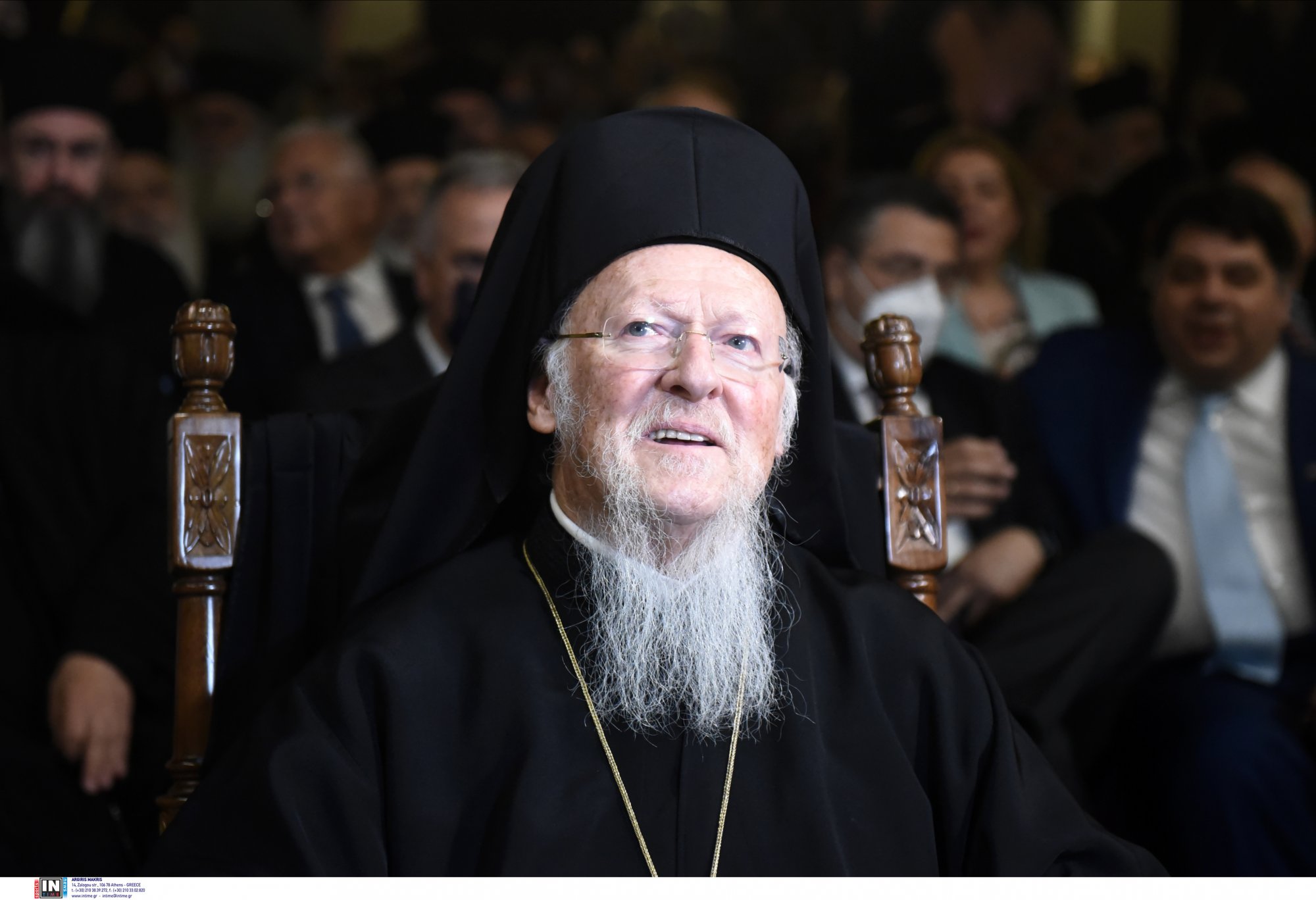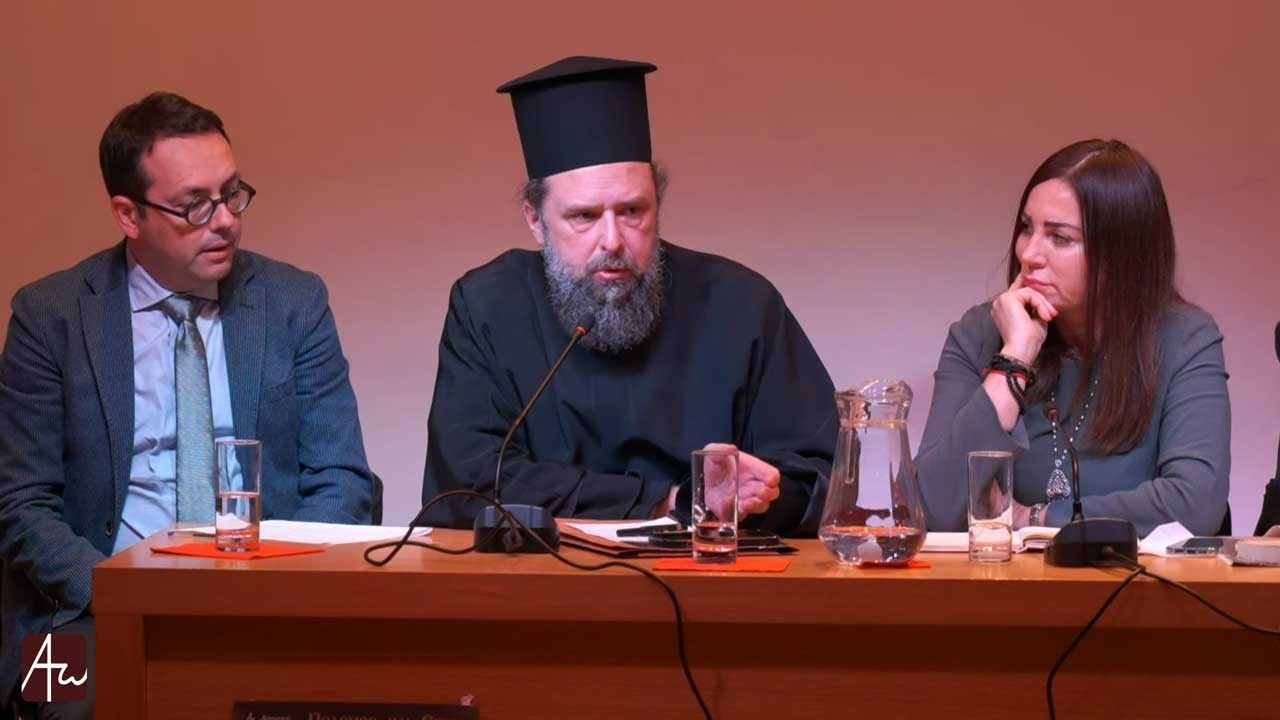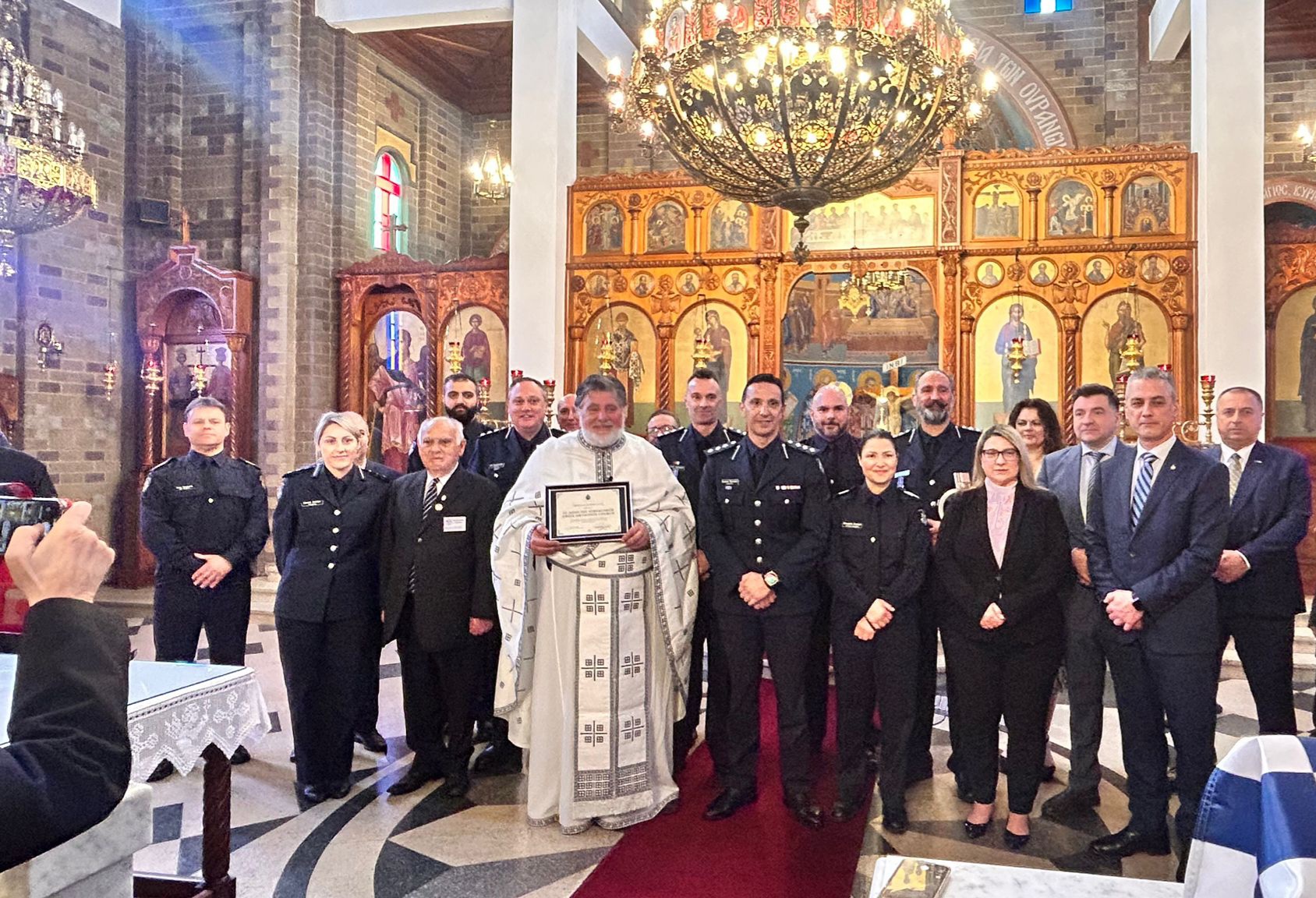Prophet Elisha (14 June)
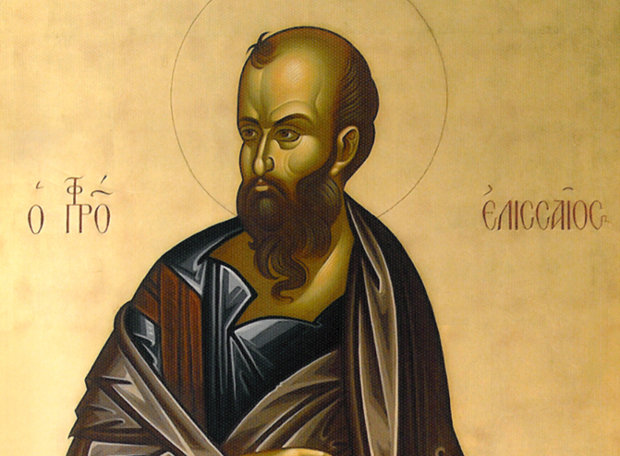

The Holy Prophet Elisha lived in the ninth century before the Birth of Christ, and was a native of the village of Abelmaum, near Jordan. By the command of the Lord he was called to prophetic service by the holy Prophet Elias (July 20).
When it became time for the Prophet Elias to be taken up to Heaven, he said to Elisha, “Ask what shall I do for you, before I am taken from you.” Elisha boldly asked for a double portion of the grace of God: “Let there be a double portion of your spirit upon me.” The Prophet Elias said, “You have asked a hard thing; if you see me when I am taken from you, then so shall it be for you; but if you do not see me, it will not be so” (4 [2] Kings 2: 10). As they went along the way talking, there appeared a fiery chariot and horses and separated them both. Elisha cried out, “My father, my father, the chariot of Israel and its horsemen!” (4 Kings 2: 12). Picking up the mantle of his teacher which fell from the sky, Elisha received the power and prophetic gift of Elias. He spent more than 65 years in prophetic service, under six Israelite kings (from Ahab to Joash). While Elisha lived, he did not tremble before any prince, and no word could overcome him (Sirach 48: 13 [“Sirach” is called “Ecclesiasticus” in Catholic Bibles ]).
The holy prophet worked numerous miracles. He divided the waters of the Jordan, having struck it with the mantle of the Prophet Elias; he made the waters of a Jericho spring fit for drinking; he saved the armies of the kings of Israel and Judah that stood in an arid wilderness by bringing forth abundant water by his prayer; he delivered a poor widow from death by starvation through a miraculous increase of oil in a vessel. This Shunamite woman showing hospitality to the prophet was gladdened by the birth of a son through his prayer, and when the child died, he was raised back to life by the prophet. The Syrian military-commander Namaan was healed from leprosy but the prophet’s servant Gehazi was afflicted since he disobeyed the prophet and took money from Namaan.
Elisha predicted to the Israelite king Joash the victory over his enemies, and by the power of his prayer he worked many other miracles (4 Kings 3-13). The holy Prophet Elisha died in old age at Samaria. “In his life he worked miracles, and at death his works were marvellous” (Sir. 48: 15). A year after his death, a corpse was thrown into the prophet’s grave. As soon as the dead man touched Elisha’s bones, he came to life and stood up (4 Kings 13: 20-21). The Prophet Elisha and his teacher, the Prophet Elias, left no books behind them, since their prophetic preaching was oral. Jesus, son of Sirach, praised both great prophets (Sir. 48:1-15).
John of Damascus composed a canon in honor of the Prophet Elisha, and at Constantinople a church was built in his honor.
Julian the Apostate (361-363) gave orders to burn the relics of the Prophet Elisha, Abdia (Obadiah) and John the Forerunner, but the holy relics were preserved by believers, and part of them were transferred to Alexandria.


In the twentieth century, the humble priest Nicholas Planas had a great veneration for the Prophet Elisha, and was accounted worthy to see him in visions.
The Prophet Elisseus, the son of Saphat, was from the town of Abel-me-oul and had been a husbandman. In the year 908 B.C., at God’s command, the Prophet Elias anointed him to be Prophet in his stead. This happened while Elisseus was plowing his land, having twelve oxen under yoke. Straightway, Elisseus slew the oxen and cooked them, using the wooden plough and the other instruments of husbandry as firewood; then he gave the oxen as food to the people. Bidding farewell to his parents, he followed Elias and served him until the latter was taken up as it were into Heaven (see July 20). When Elisseus received his teacher’s mantle and the grace of his prophetic spirit twofold, he demonstrated whose disciple he was through the miracles he wrought and through all that is related of him in the Fourth Book of Kings. He departed full of days and was buried in Samaria, about the year 839 B.C.
But even after his death God glorified him; for after the passage of a year, when some Israelites were carrying a dead man for burial and suddenly saw a band of Moabites, they cast the dead man on the grave of the Prophet. No sooner had the dead man touched the Prophet’s bones, than he came to life and stood on his feet (IV Kings 13:20-21). Mentioning this, Jesus the Son of Sirach says, “He did wonders in his life, and at his death his works were marvelous” (Ecclus. 48:14). It is because of such marvels that the faithful have reverence for the relics of the Saints (see also Jan. 16). His name means “God is savior.”
Elisha lived nine hundred years before Christ. When the Lord willed to take the aged Prophet Elias (Elijah) to Himself, He revealed to him that He had designated Elisha, the son of Shaphat, of the tribe of Reuben from the town of Abel-Meholah, as his successor in the prophetic service. Elias informed Elisha of God’s will and draped him with his mantle, imploring God for a two-fold portion of grace of prophecy for him. Elisha immediately left his home and family and followed Elias. When the Lord took Elias in a fiery chariot, Elisha remained to continue the prophetic service with yet greater power than Elias. By his purity and zeal, Elisha was equal to the greatest prophets, and by the miraculous power that was given to him by God, Elisha exceeded them all. He parted the waters of the Jordan as Moses once parted the Red Sea; he made drinkable the bitter waters in Jericho; he brought forth water into the excavated trenches during the war with the Moabites; he multiplied the oil in the pots of the poor widow; he resurrected the dead son of the Shunammite woman; he fed a hundred people with twenty small loaves of bread; he healed commander Naaman of leprosy; he called down leprosy upon his servant Gehazi because of the latter’s greed; he blinded the entire Syrian army and also forced another army to flee; he foretold many events to the nation as well as to individuals. Elisha died at a very old age.
Apolytikion of Prophet Elisseus
Fourth Tone
The incarnate Angel, the Cornerstone of the Prophets, the second Forerunner of the Coming of Christ, the glorious Elias (Elijah), who from above, sent down to Elisha the grace to dispel sickness and cleanse lepers, abounds therefore in healing for those who honor him.
Source: oca.org / goarch.org / westserbdio.org

